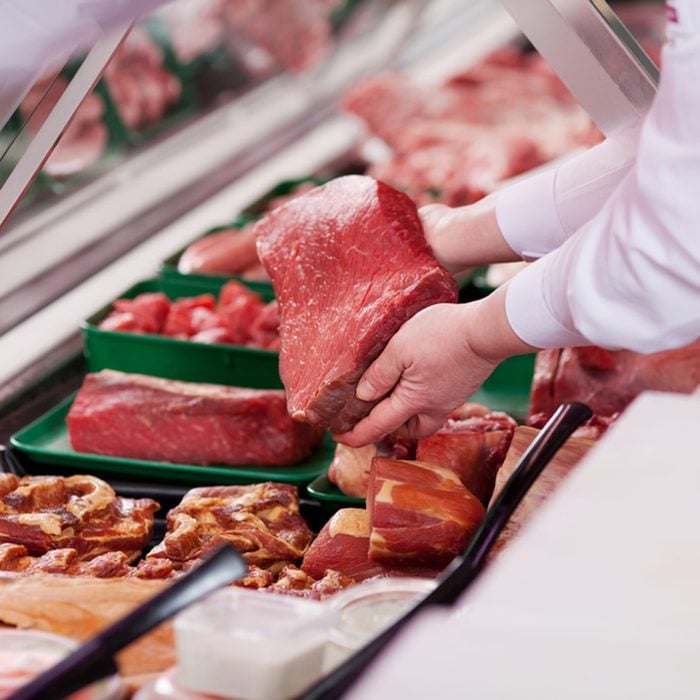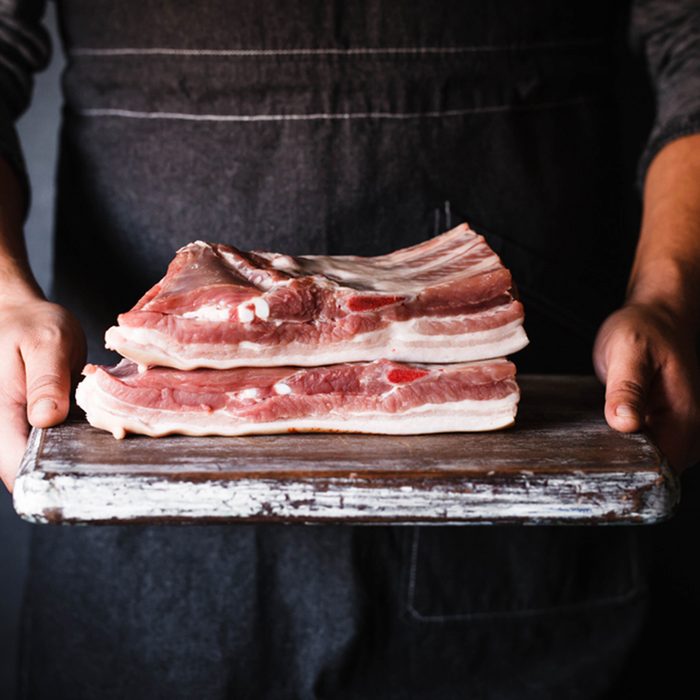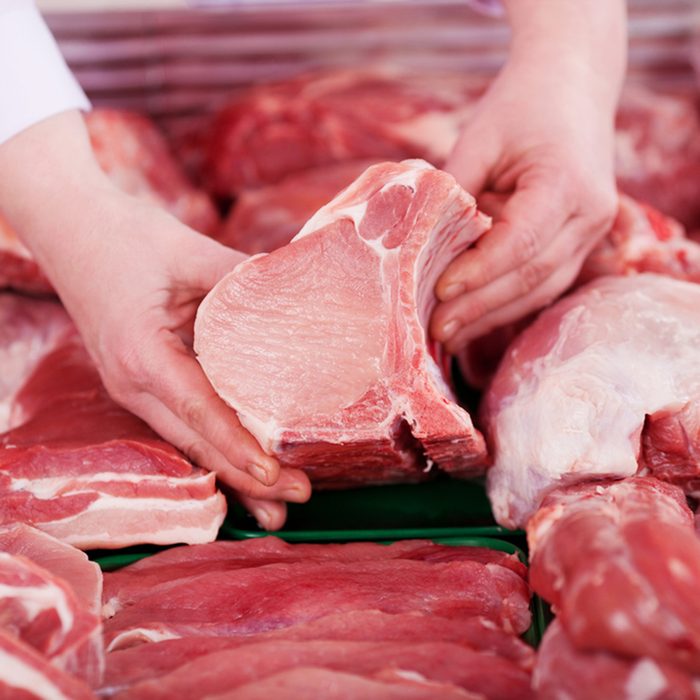
We’re all about getting chatting up the butcher. They’re basically meat experts who can help you find the best (and most affordable) cut of meat for your recipe. To make sure you have the best butcher shop experience, avoid these no-no’s the next time you approach the counter.

Haggling on the Price
This isn’t a Mexico City flea market or a used car lot. The price of good quality, sustainable, responsibly raised meat is higher than the conventional stuff for a reason. Your butcher isn’t jacking up the price just to make a buck, so don’t disrespect the profession by trying to negotiate for a better the price.

Asking “What’s the Best Cut You’ve Got?”
This is like asking a bartender for the best drink on the menu or requesting the best piece of produce from the farmers market stall. A good butcher knows the “best cut” really depends on what you’re doing with it. So tell the butcher what you’re planning to cook and what type of meat you’d prefer before asking for her advice on the “best” cut.

Rushing the Process
A good butcher knows there’s only one way to cut meat: Do it right the first time. That means they’ll take their time cutting your steaks, trimming up silverskin, or de-boning and butterflying a roast. They take pride in their work, so try not to rush them!

Ignoring Their Advice
Your local butcher won’t always have the specific cut you need in stock, so they might suggest an alternative cut. It’s OK to stray from the details of your recipe: If you explain what you want to make, your butcher can probably help you make that recipe even better!

Making Assumptions
If you need 20 pounds of short ribs for a dinner party, don’t just assume your butcher will have them! It’s always best to special-order large cuts of meat or big quantities of any specific product. Your butcher will be more than happy to accommodate your special order…with advance notice.

Not Really Knowing What You Want
Each cut of meat can have multiple names, so it can be frustrating if someone asks for a generic item, like “pork roast.” That roast could come from the loin or the shoulder, or it could even be a cured ham depending on the recipe. If you don’t know what you need, ask for help—don’t just insist that you need the roast.
